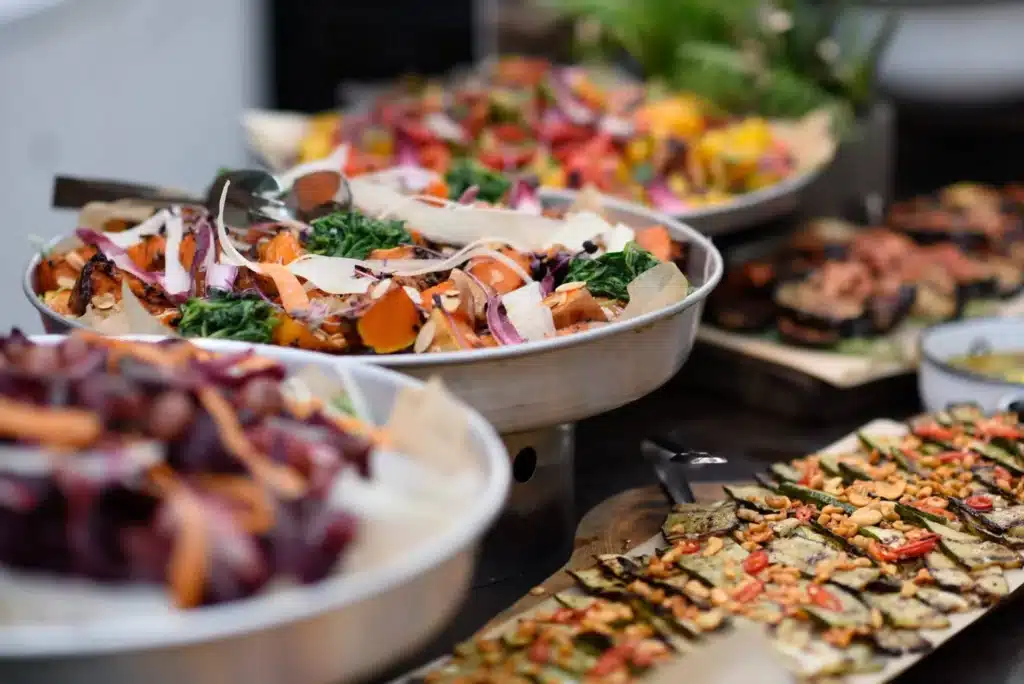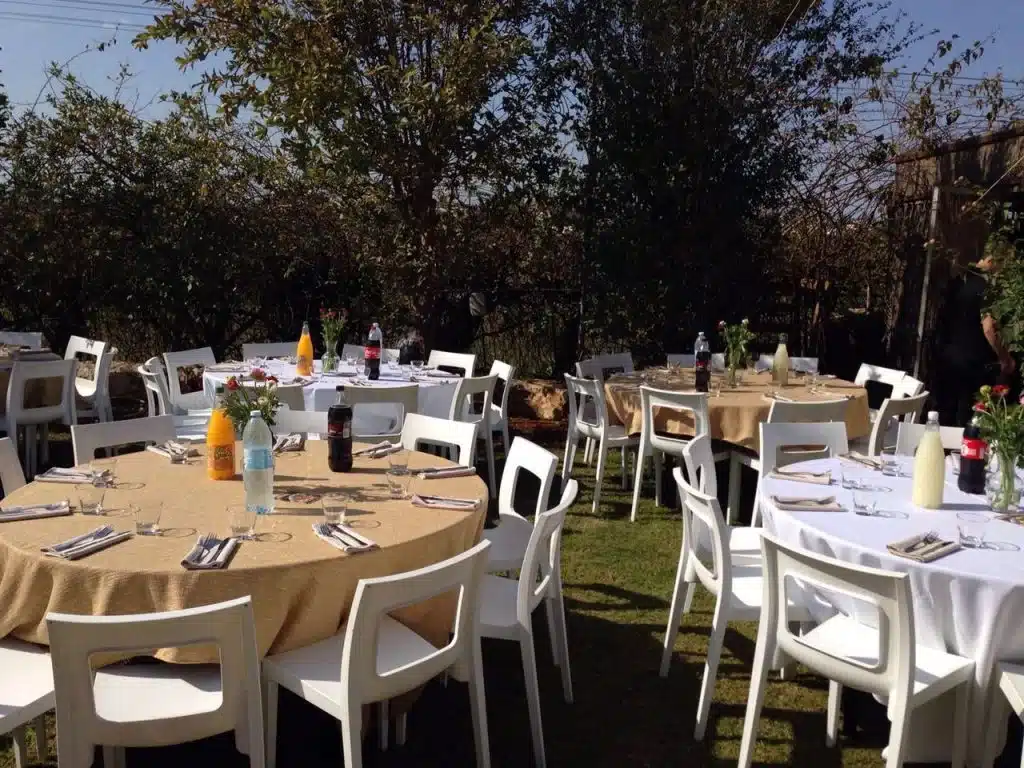Shabbat Hatan, also known as the "Groom's Shabbat," is a special Jewish celebration that occurs the weekend of a wedding. This joyous event brings together family and friends to celebrate the upcoming nuptials, and what better way to commemorate the occasion than with delicious food and drink? As the host of a Shabbat Hatan, you want to ensure that your guests are well-fed and satisfied throughout the weekend. In this guide, we'll explore the ins and outs of catering for Shabbat Hatan, from traditional dishes to modern twists, and everything in between.
What is Shabbat Hatan?
Before we dive into the details of catering for Shabbat Hatan, let's first understand what this celebration entails. Shabbat Hatan is a weekend-long celebration that takes place before a Jewish wedding. It typically begins on Friday evening and ends on Saturday night. During this time, family and friends of the bride and groom come together to celebrate their upcoming marriage. The festivities include meals, prayers, and other traditional customs.
Traditional Shabbat Hatan Foods
When it comes to catering for Shabbat Hatan, traditional foods are a must. These dishes have been passed down through generations and hold a special place in Jewish culture. Here are some of the most popular traditional foods for Shabbat Hatan:
Friday Night Dinner
- Challah: A braided bread that is typically eaten at the beginning of the meal
- Gefilte Fish: A poached fish dish that is typically served with horseradish
- Chicken Soup: A clear broth soup that is typically served with matzo balls
- Kugel: A baked noodle dish that can be sweet or savory
- Brisket: A slow-cooked beef dish that is typically served with vegetables
Shabbat Lunch
- Cholent: A stew made with meat, potatoes, and beans that is typically cooked overnight and served hot for lunch
- Kugel: A baked noodle dish that can be sweet or savory
- Roasted Chicken: A classic Shabbat lunch dish that is typically served with vegetables
- Salads: Various salads, such as Israeli salad, cucumber salad, or cabbage salad, are often served as side dishes
Modern Shabbat Hatan Foods
While traditional dishes are important to include in your Shabbat Hatan catering, there's also room to add a modern twist. Here are some ideas for modern Shabbat Hatan foods:
Friday Night Dinner
- Grilled Fish: A lighter alternative to gefilte fish, grilled fish can be a great way to add some variety to the meal
- Shakshuka: A dish made with eggs, tomatoes, and spices, shakshuka is a popular Israeli breakfast dish that can also be served for dinner
- Vegetable Kugel: A lighter alternative to noodle kugel, vegetable kugel is a great way to incorporate more vegetables into the meal
Shabbat Lunch
- Sushi Platter: A modern take on the traditional fish dish, a sushi platter can be a fun and unique addition to the lunch spread
- Quinoa Salad: A healthy and flavorful salad that can be made with a variety of vegetables and herbs
- Falafel Platter: A fun and tasty way to incorporate some Middle Eastern flavors into the meal
Drinks for Shabbat Hatan
No celebration is complete without some drinks to accompany the food. Here are some popular drink options for Shabbat Hatan:
- Kiddush Wine: A sweet wine that is traditionally used to sanctify the Shabbat and the wedding day
- Grape Juice: A non-alcoholic alternative to Kiddush wine
- Cocktails: Cocktails can be a great way to add some fun to the celebration. Consider serving a signature cocktail that reflects the bride and groom's personalities or cultural heritage.
- Beer: Beer is a popular drink option for Shabbat Hatan, and there are many Israeli and kosher beer options available.
Buffet vs. Plated Meals
When it comes to catering for Shabbat Hatan, you have two main options: a buffet or a plated meal. Each option has its pros and cons, so it's important to consider what will work best for your event.
Buffet
- Pros: A buffet allows guests to choose what they want to eat and how much they want to eat. It also allows for more variety in the types of dishes served.
- Cons: A buffet can be more challenging to keep organized and ensure that everyone gets a chance to eat. It can also lead to more waste if guests take more food than they can eat.
Plated Meal
- Pros: A plated meal ensures that everyone gets the same amount of food and that the meal is served in an organized manner. It can also be a more formal and elegant option.
- Cons: A plated meal may limit the variety of dishes served and can be more challenging to accommodate guests with dietary restrictions.
Hiring a Caterer
Catering for a Shabbat Hatan can be a challenging task, especially if you have a large guest list. That's where a caterer can come in handy. Here are some things to consider when hiring a caterer for your Shabbat Hatan:
- Experience: Look for a caterer with experience in Jewish and kosher cuisine.
- Menu options: Make sure the caterer offers the types of dishes you want to serve.
- Dietary restrictions: Make sure the caterer can accommodate guests with dietary restrictions, such as gluten-free, vegan, or kosher requirements.
- Staff: Make sure the caterer will provide enough staff to serve and clean up after the meal.
- Reviews: Read reviews from previous clients to get a sense of the caterer's quality and reliability.
Conclusion
Catering for Shabbat Hatan is an important part of creating a memorable and enjoyable celebration for the bride and groom and their families. Whether you choose to serve traditional dishes, modern twists, or a combination of both, the key is to ensure that your guests are well-fed and satisfied. By considering the type of meal service, hiring a caterer, and offering a variety of drink options, you can create a Shabbat Hatan that will be remembered for years to come.


